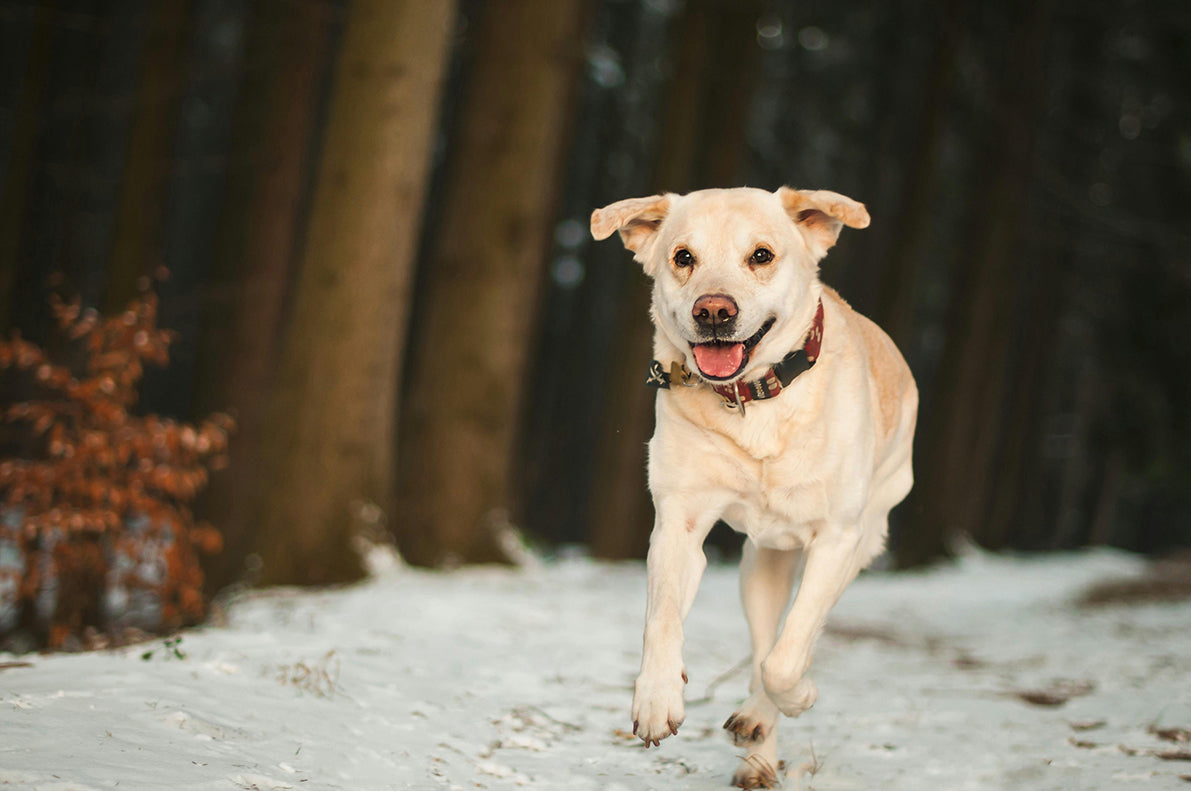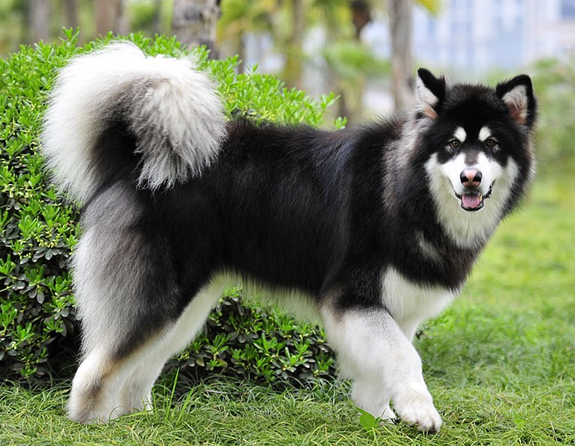Working dogs are a class of dogs that are specially trained to perform specific tasks. They play an important role in a number of fields with their outstanding ability, loyalty and adaptability. The following is a detailed introduction to working dogs:
Ⅰ. Main categories and characteristics
1.Military Dogs
- Definition: A collective term for dogs serving in the military.
- Tasks: After training, military dogs can take on the tasks of tracking, identification, guarding, guarding, patrolling, search and arrest, communication, carrying bombs, detection, search for drugs and explosives.
2.Police Dog
- Definition: Dogs used by the police with certain police purposes, including tracking dogs, search and arrest dogs, identification dogs, explosive dogs, drug dogs, guard dogs, patrol dogs, rescue dogs, fire dogs, bomb dogs, and so on.
- Characteristics: Police dogs generally have flexible sense organs such as smell, hearing and vision, and have strong police qualities such as ferocity, flexibility and running ability.
- Training:dog trainers need to have specialized training and education, with physiology, zoology, investigation, animal husbandry and other relevant knowledge and skills, and master the scientific theory and method, in order to reproduce a good breed, trained to do a variety of tasks of the police dog.
3.Guide Dog
- Definition: A strictly trained dog, a kind of working dog.
- Tasks: Help the blind to safely cross the road, shopping, walking, etc., bringing great convenience and security to the blind.
- Characteristics: Guide dogs have a natural and calm mindset, they will stand up at the right time, refuse food, help the blind to ride in the car, pass objects, and ignore the disturbance of passers-by while not attacking them.
4.Narcotics Detector Dog
- Definition: Specialized dogs that are specially trained to obey the instructions of a drug detector dog trainer, and are able to search for different luggage items in different places, and find objects with drugs hidden in them.
- Characteristics: Drug detector dogs have an extremely sensitive sense of smell, not only can they sniff out the odors of more than 2 million substances, but they can also identify one of dozens of mixed odors.
5.Search and Rescue Dog
- Definition: a breed of dog used for search and rescue.
- Tasks: Able to track odors, area searches, and more able to perform water searches, avalanche searches, and natural disaster searches.
- Characteristics: Search and Rescue Dogs have a million times higher odor discrimination ability than human beings, 18 times better hearing than human beings, a wide field of vision, and the ability to see in low light conditions, which is widely recognized internationally as the best search and rescue “equipment”.
6.Guard Dog
- Definition: also known as guard dog, guard dog, refers to the role of guard, guarding the role of dog breeds, belongs to the category of working dogs.
- Tasks: Usually used to protect family members and property. When an intruder invades the home, it will emit a very intimidating bark to alert the owner, and at the same time terminate the crime by intimidating or delaying time for the owner to escape from the scene, and attack the intruder to terminate the aggression action if necessary.
Ⅱ. Common Breeds
1.German Shepherd
- Characteristics: intelligent, loyal and highly responsible.
- Uses: Widely used in police dogs, search and rescue dogs and other fields.
2.Golden Retriever
- Characteristics: gentle, friendly, intelligent, easy to train.
- Uses: Commonly used in guide dogs, family pet dogs and other fields.
3.Doberman Pinscher
- Characteristics: Intelligent, strong, easy to train.
- Uses: Commonly used in police dogs, guard dogs and other fields.
4.Labrador Retriever
- Characteristics: Friendly, intelligent, easy to train.
- Uses: Commonly used in guide dogs, search and rescue dogs and other fields.
5.Belgian Shepherd
- Characteristics: Intelligent, brave, easy to train.
- Uses: Commonly used in police dogs, search and rescue dogs and other fields.
Ⅲ. Training and Nutrition
Training
- Working dogs need to undergo strict screening and training in order to be able to perform the corresponding work tasks. During the training process, dog trainers will use mechanical action, food, sound and other external factors as stimuli to repeatedly stimulate the trained dog to establish a consolidated conditioned reflex.
Nutrition
- Working dogs require a diet high in energy, protein, appropriate fiber content, and a balance of minerals and vitamins to meet their training and working needs. Some pet food manufacturers have introduced special diets for working dogs to meet these special needs.
Ⅳ. Social Significance
Working dogs play an irreplaceable role in a number of fields. They are not only the right-hand man of mankind, but also the most loyal companion of mankind. With their hard work and efforts, they have made great contributions to the development and progress of human society. Therefore, we should pay more attention to and protect these working dogs to ensure their safety and health at work.
To sum up, working dogs play an important role in a number of fields with their outstanding ability, loyalty and adaptability. We should gain a deeper understanding of the characteristics and contributions of these working dogs and give them due respect and care.




Leave a comment
All comments are moderated before being published.
This site is protected by hCaptcha and the hCaptcha Privacy Policy and Terms of Service apply.